Not sure what you should be eating to feel more energised? A top nutritionist answers your questions
Your need-to-knows.
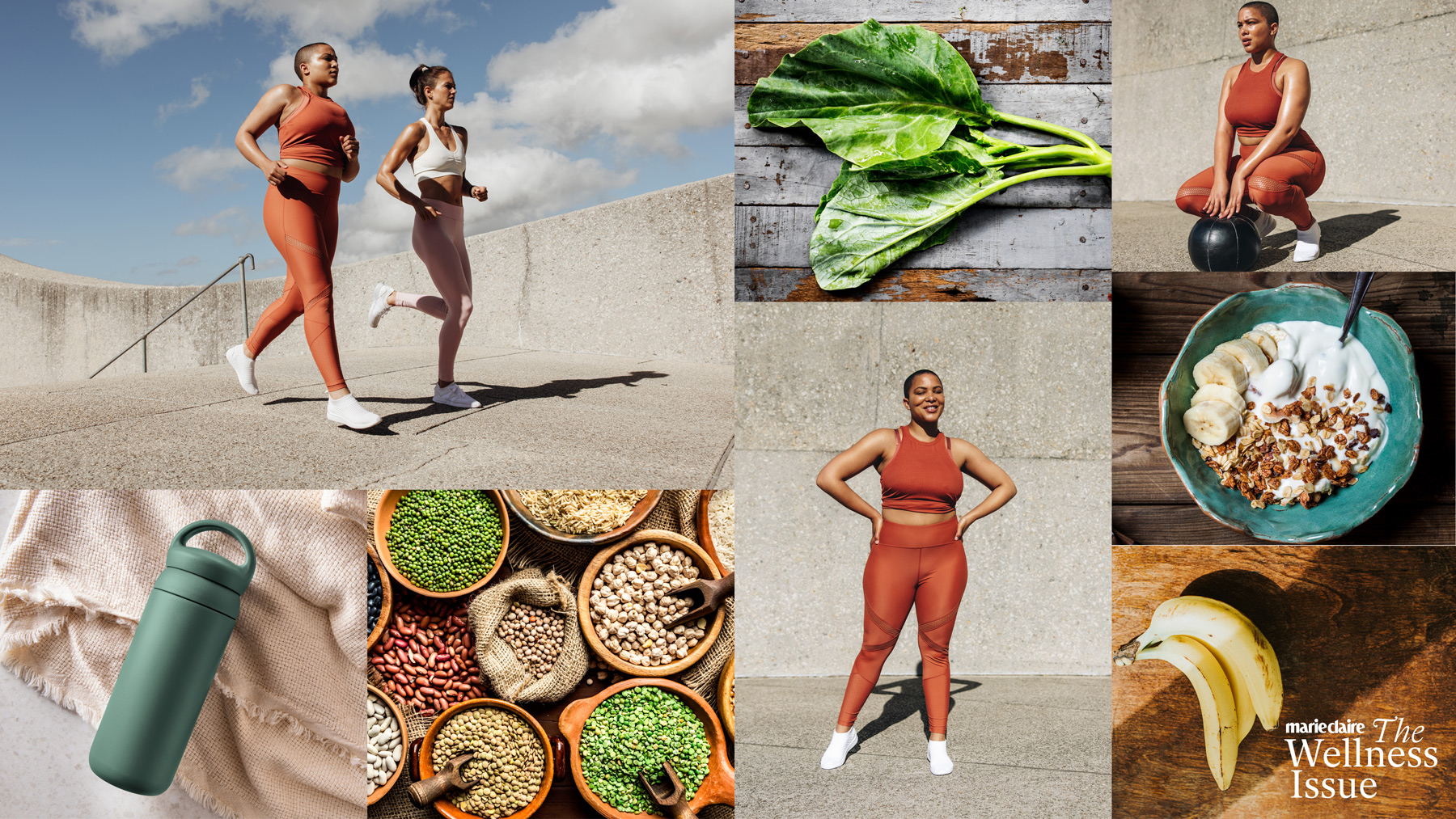

Feeling fatigued? Lethargic? Irritable? You’re not alone. Set against the backdrop of a global pandemic and multiple lockdowns, Russia’s invasion of Ukraine and a cost of living crisis, is it any wonder some of us have full-on burnout or feel like we’ve lost our spark? Enter stage right: energy boosting foods.
Whatever situation you’re in, and however hard you’re finding it to stay energised and present – it’s all too easy when you’re lacking in energy to simply reach for your favourite comfort food (hello, ice cream, chocolate and pizza). But various studies have shown that the sugary foods we so often crave when we’re feeling blue or stressed do not actually help our mental health.
In fact, one study revealed that the regular consumption of saturated fats and added sugars related to higher feelings of anxiety in adults over age 60, while researchers at the University of California, Davis found that sugar inhibited the body’s ability to respond to stress.
So, why is energy important? “Energy is needed from food to fuel the human body, to enable it to function and perform,” says Dr Emma Derbyshire, a nutritionist from the Health & Food Supplements Information Service. “If we do not consume enough energy then we will begin to feel lethargic and our bodily processes are less likely to work and perform at their best.”
We should make sure that enough energy is being consumed daily – the current Government dietary recommendations are around 2500 calories daily for males and 2000 for females aged 19 to 64 years. “You need to fuel your body with enough energy, as if you have too little, it will impact your performance, how you feel and how you live your life,” says bestselling author and leading nutritionist Rhiannon Lambert. But it’s not just about counting calories, she says, “it’s about looking for the quality of those numbers”.
Ready to learn more about the foods that'll boost your energy levels? Keep scrolling - and don't miss our guides to mood boosting foods, gut health and what to eat after a workout, while you're at it.
Energy boosting foods: 10+ to add to your plate

Energy-boosting foods (and, indeed, mood-boosting foods) tend to be nutrient-dense foods. So even though all foods – and indeed certain drinks – can provide the body with energy, not all foods are created equally when it comes to energy.
Marie Claire Newsletter
Celebrity news, beauty, fashion advice, and fascinating features, delivered straight to your inbox!
“Some foods, such as those with high sugar content or refined carbohydrates will give a short burst of energy,” says Dr Derbyshire. “Others, such as fruits, whole grains and vegetables will give the body a slower, more sustained source of energy. ”
Here, then, are some of the best energy-boosting foods to help beat fatigue...
1. Bananas
“If you would normally reach for chocolate to give you an energy boost, all it takes is to slice a banana, dip it in a chocolate dark coating, freeze it and then you've got a delicious, crunchy, frozen banana snack – almost like an ice lolly,” suggests Lambert. “This is a good example of energy that tastes great but you’re also getting fibre, potassium and key nutrition from the banana.”
The key is to not fear frozen foods, she says. “I'd like people to get more frozen berries in their diet. If we're looking at energy, then look at ways we can keep well and keep our immune system high. Frozen berries are better than fresh, especially in the winter months because they're out of season – and so much cheaper too.”
2. Greek yoghurt
“Greek yoghurt is such a good, versatile food. Yoghurt is genius – it can be savoury, it can be sweet. And yoghurt contains B12 which is really important for metabolism energy,” says Lambert. “If you have a plant-based diet, then look for plant-based yoghurts with added strains of bacteria – live probiotics – and make sure they’re fortified. Also, there won’t be B12 won't be in plant alternatives, unless it's added, so opting for fortified foods are really important to remember for people that don't consume animal products.”
3. Wholegrains
“If you go back to basics, and think about an easy swap you can make to your everyday meals, I’d suggest adding brown rice – or a wholegrain – for energy. You want something that’s going to provide fibre, and also B vitamins – because B vitamins like to work all together as a complex so it's nice to have an array of them within food,” explains Lambert.
“Carbohydrates act as carriers for protein sources at meals to the brain. You could be eating fish or eating meat, but you need a carbohydrate carrier to go through the blood brain barrier and to help the conversion of tryptophan – which is an amino acid in protein – to convert into serotonin, which is our happy hormone. Your mood and feeling energised is going to be impacted by making sure that the food that you're eating is eaten in the right way, to maximise nutrient absorption. So if you have carbs and proteins together at meals – things like brown rice and brown pasta – you're actually helping your body break down the protein and use it in the right way.”
4. Foods high in iron, such as broccoli and tofu
If your iron levels are low, you often feel fatigued and, in some cases, can even develop iron-deficiency anaemia. “30% of the world’s population has anaemia,” says Lambert.
There are two types of iron; haem and non-haem. Haem iron is found in animal-based sources, such as red meat, liver, seafood and eggs. While non-haem iron is found in plant-based sources and includes dark leafy greens, beans, chickpeas, seeds, nuts and fortified foods such as cereals and breads.
“Broccoli is an easy one to add to your meals to boost energy, but it’s plant-based,” says Lambert. “Tofu can have added iron as well, and beans and pulses.”
5. Water
Sure, not a food per se, but an essential for energy. Staying hydrated is essential for our health at all times, and a key factor to staying energised, says Lambert. “In the winter months, it's really hard to drink water – you're cold, and you just don't have the same drive to. But water affects performance, mood, concentration and our ability to focus on tasks. It's really important we stay hydrated.”
The current recommendation for adults is to drink 1.5 to 2 litres of water – or other healthy fluids – a day.
Are there any foods that negatively impact energy levels?
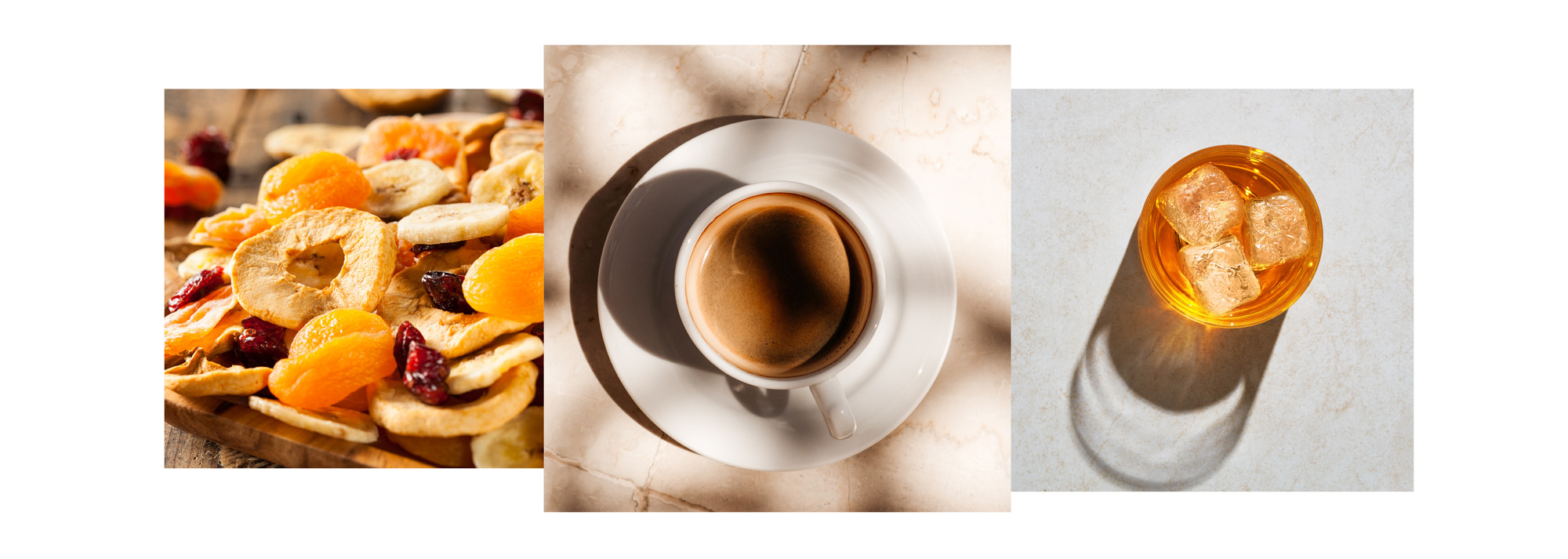
A few. Caffeine is ok in moderation, but despite what you may think, it doesn’t actually provide the body with energy. “Try keep caffeine to the morning and don’t keep reaching for it throughout the day, because you’re going to really trigger those crashes,” says Lambert. “Caffeine stays in your system and can affect your sleep at night – then you get caught up in this cycle that just repeats and repeats with low energy levels.”
She also recommends steering away from dried fruit. “Mango, for example, contains calcium for bones and teeth and iron, but dried fruit is a more concentrated source of sugar, so it's going to hit your bloodstream very, very quickly and cause a crash,” she says. “What you want to be avoiding is a blood sugar rollercoaster – which means that you get instant spikes in your body which creates pretty quick crashes as your body tries to create enough insulin to quickly sap up all this extra sugar glucose in your blood. Dried fruit is perceived as a healthier option, but actually, it’s not.”
Dr Derbyshire adds; “Excess alcohol, foods that we can lose track of how much we are eating such as crisps, biscuits and other refined snacks and excess foods such as pasta, milk, cheese, and butter could make us feel satiated and tired.”
That said, it's important not to adhere to any diet fads and cut food groups out of your diet entirely - a balanced diet is all about balance, after all, and 80/20 moderation.
So there you have it - a handful of the best foods to boost both energy and mood. Will you be using them in your meals this January?
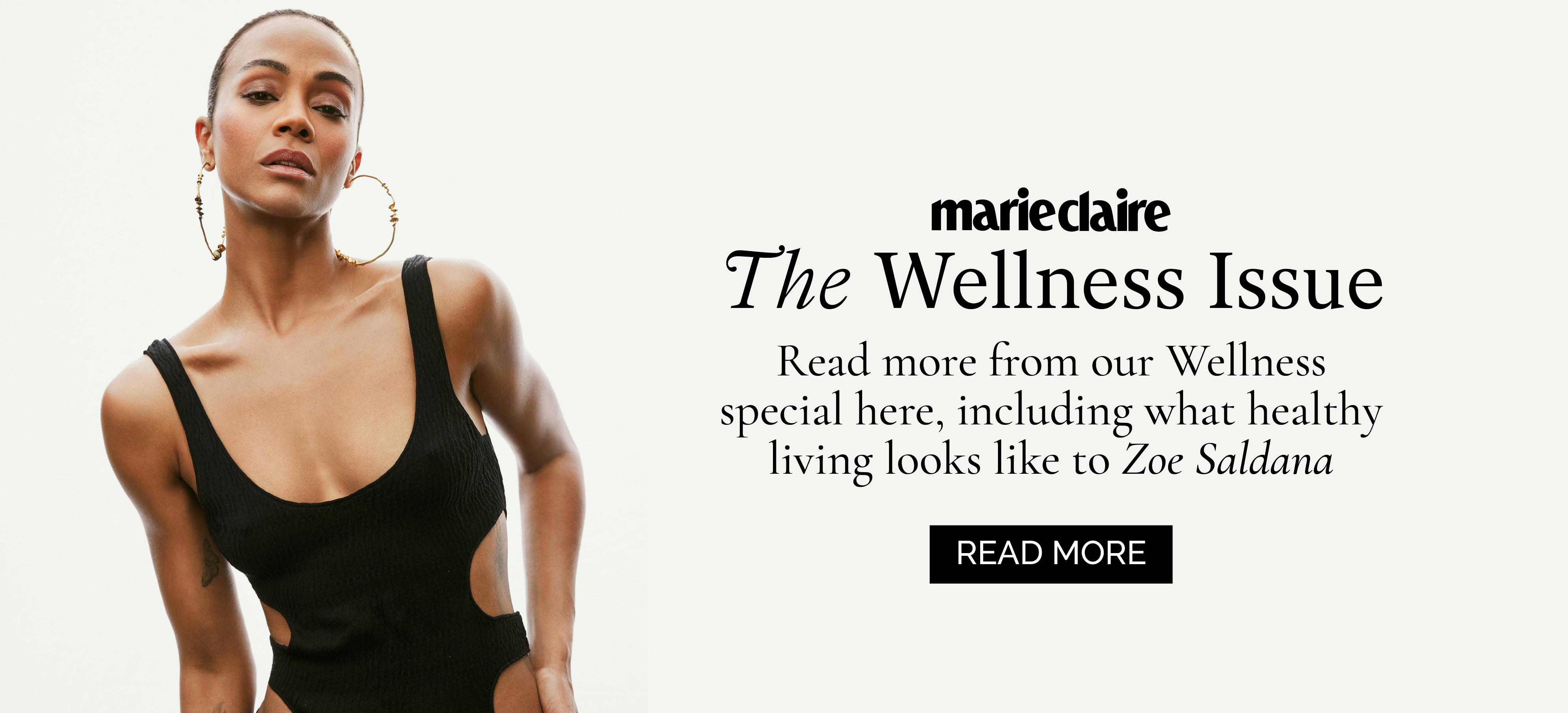
-
 Prince Harry reportedly extended an 'olive branch' to Kate and William on latest UK trip
Prince Harry reportedly extended an 'olive branch' to Kate and William on latest UK tripBig if true
By Iris Goldsztajn
-
 How Prime Video is protecting Blake Lively amid her new movie promo
How Prime Video is protecting Blake Lively amid her new movie promoAn understandable move
By Iris Goldsztajn
-
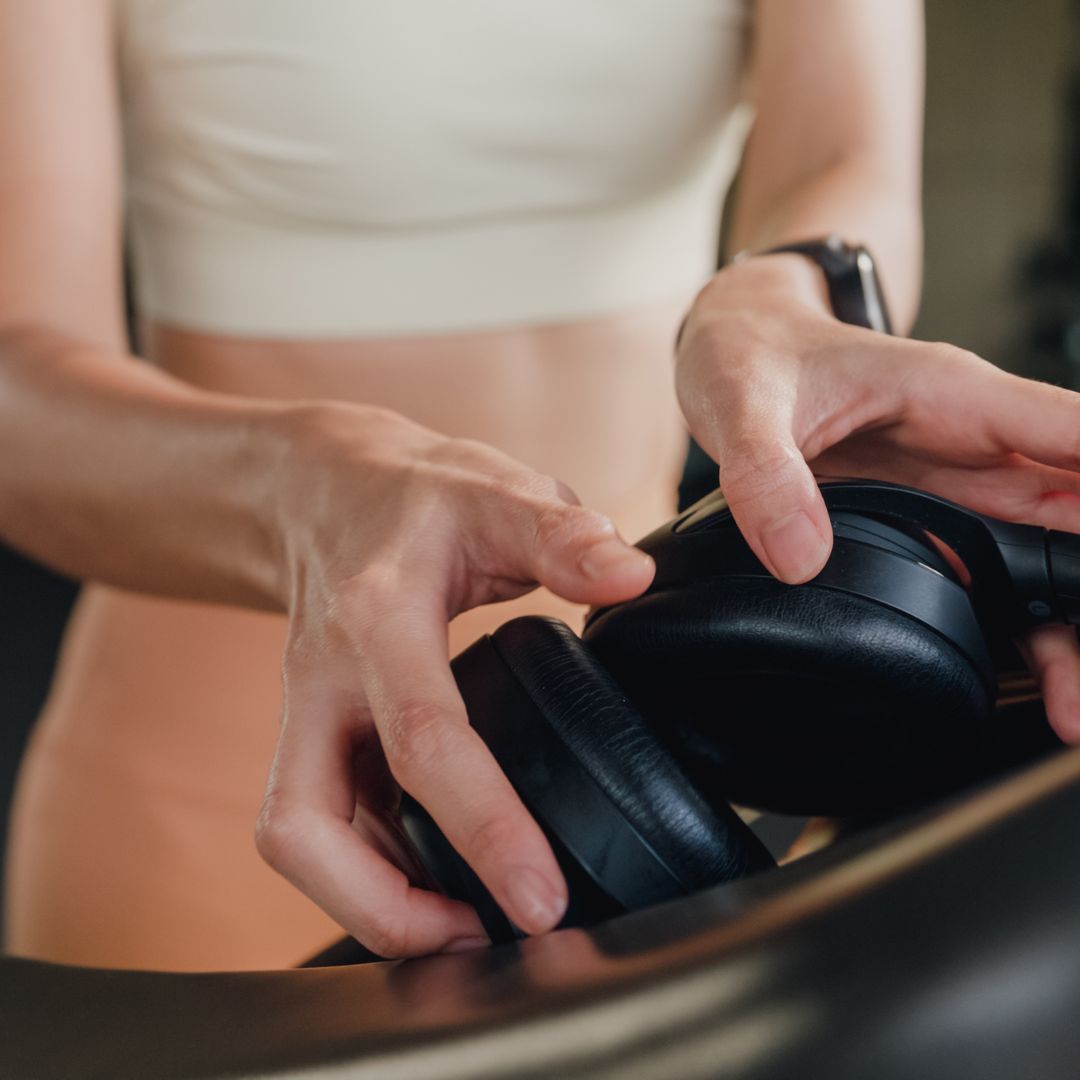 It's the must-have bit of fit kit of the year - a fitness expert shares their top 5 tips for choosing a walking pad
It's the must-have bit of fit kit of the year - a fitness expert shares their top 5 tips for choosing a walking padThis year's fitness must-buy.
By Katie Sims
-
 We're fitness experts who've spent 100's of hours testing fit kit - these are the lululemon products we rave about to family and friend
We're fitness experts who've spent 100's of hours testing fit kit - these are the lululemon products we rave about to family and friendKeen to invest in kit that'll last the long run?
By Chloe Gray
-
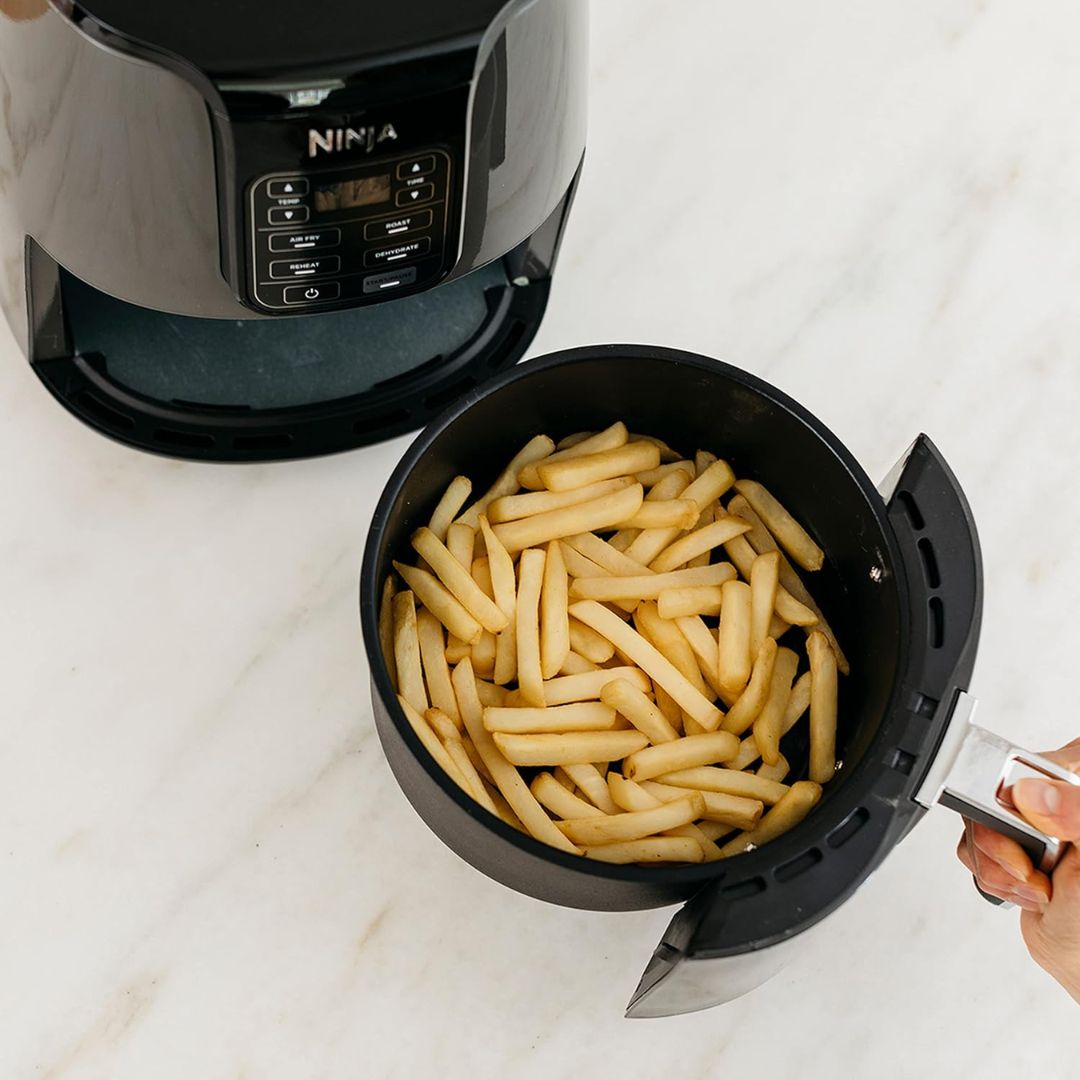 After testing dozens of designs—these are the best air fryers money can buy, according to team Marie Claire UK
After testing dozens of designs—these are the best air fryers money can buy, according to team Marie Claire UKPlus a nutritionist's expert insights on the popular cooking method
By Grace Lindsay
-
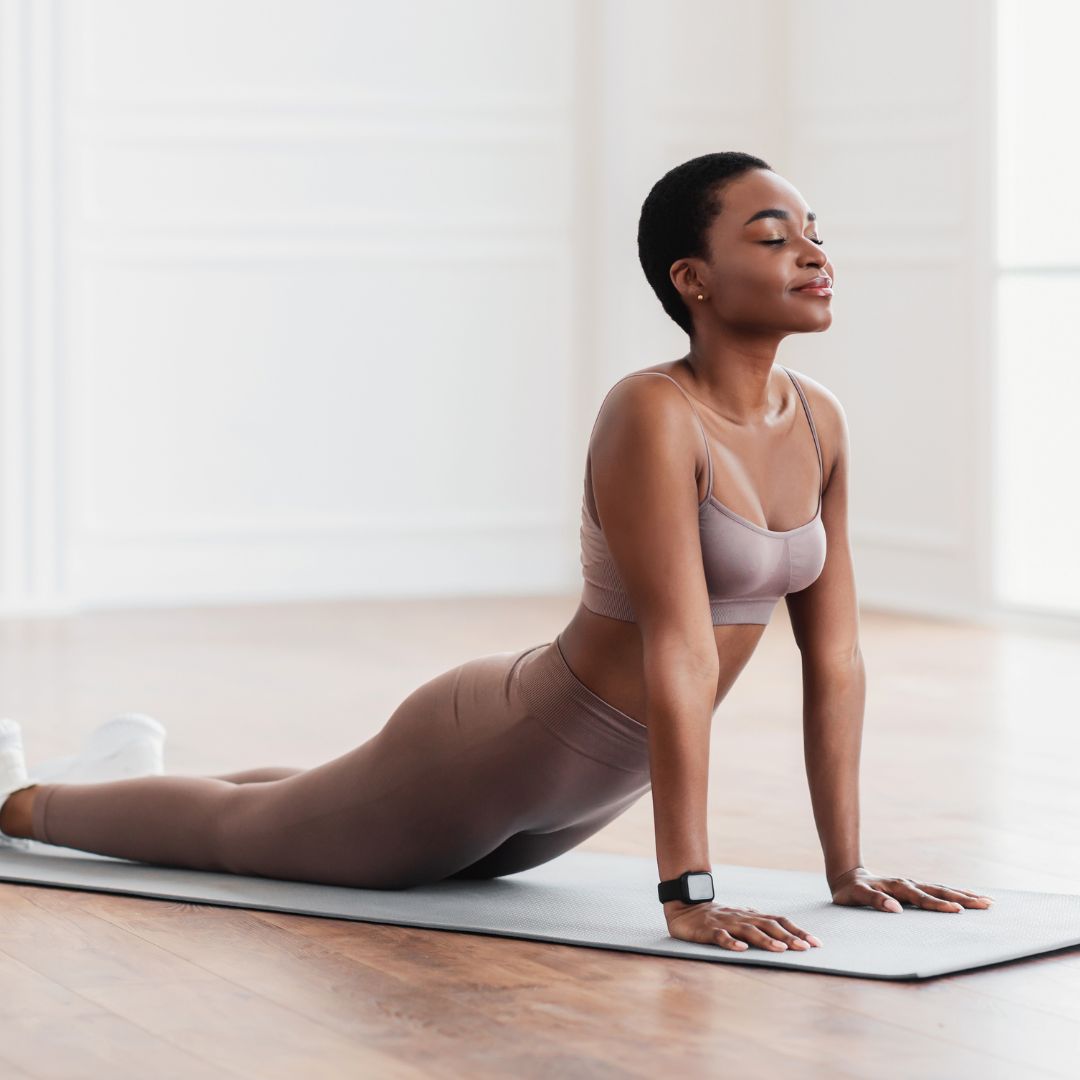 This Pilates ab workout is a combination of all the most effective exercises for a strong body
This Pilates ab workout is a combination of all the most effective exercises for a strong bodyThis one's a good'un.
By Ally Head
-
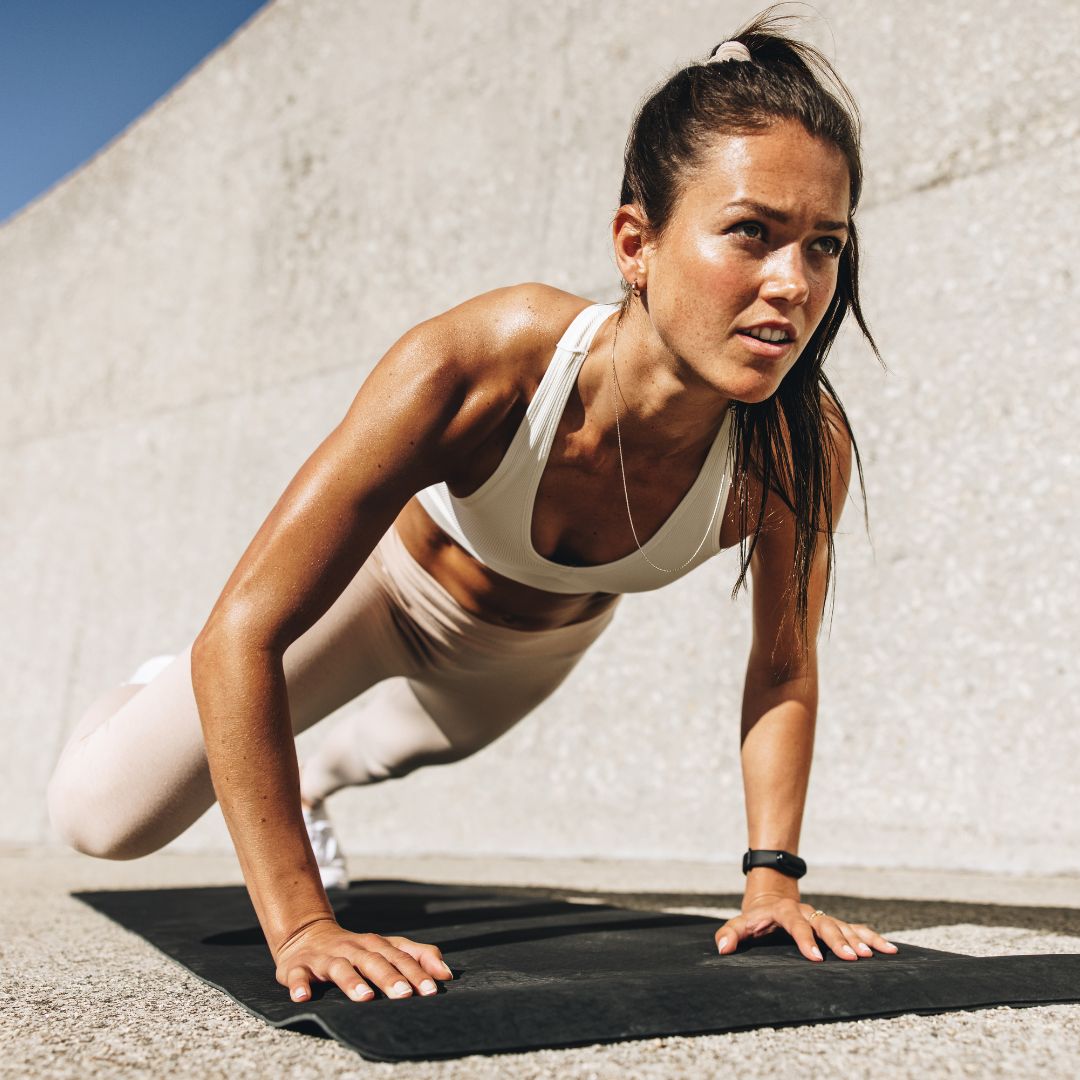 These are the only bodyweight exercises experts reckon are *actually* effective
These are the only bodyweight exercises experts reckon are *actually* effectiveTry from home, the garden, or the gym.
By Ally Head
-
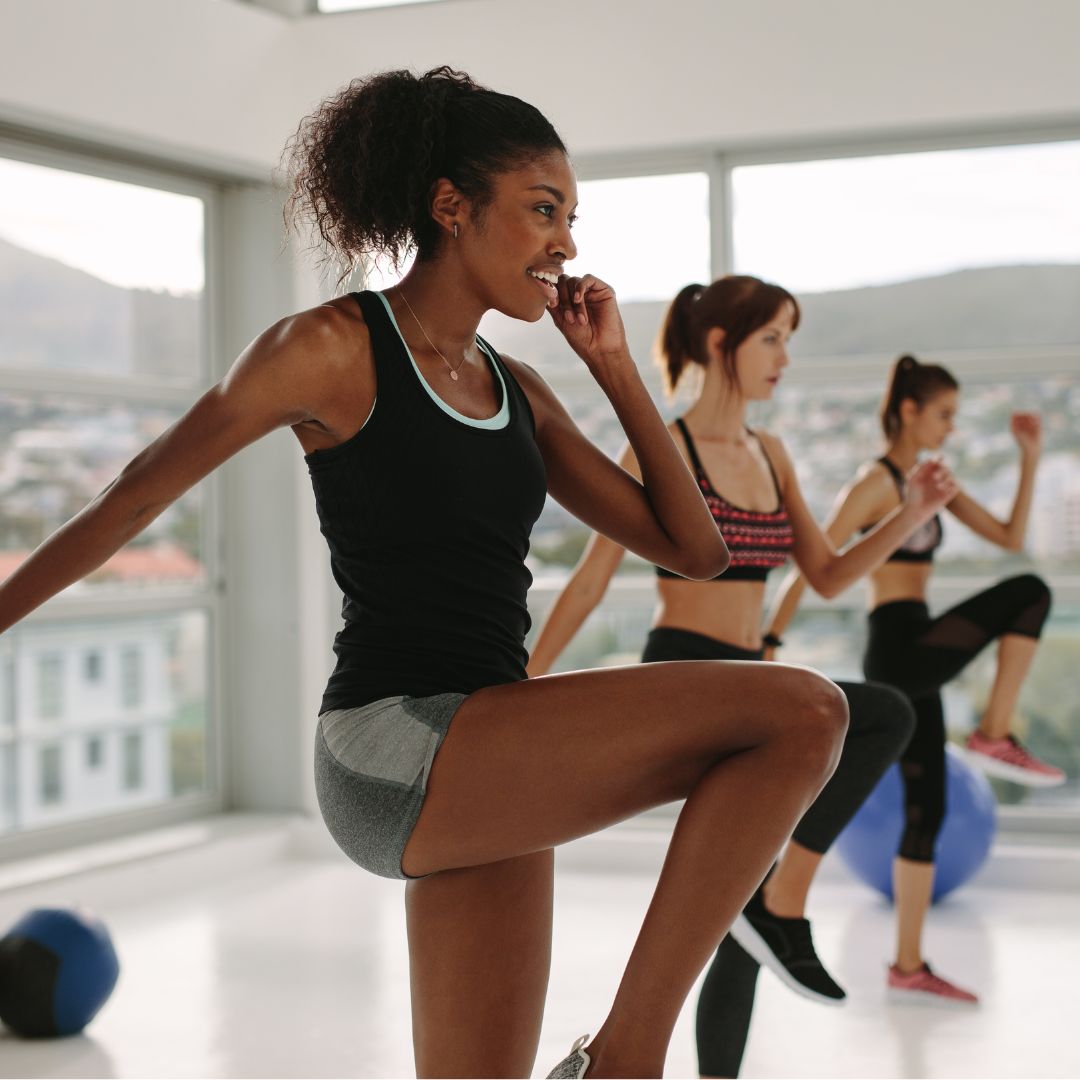 This is the best HIIT workout you can do, according to world-renowned trainer Kayla Itsines
This is the best HIIT workout you can do, according to world-renowned trainer Kayla ItsinesYep, you can do it from home.
By Ally Head
-
 A diabetes drug is going viral for its supposed weight loss benefits—but there’s a seriously dark problem here
A diabetes drug is going viral for its supposed weight loss benefits—but there’s a seriously dark problem hereSearches for weight loss injections have soared by 134%.
By Ally Head
-
 Cold water therapy is loved by Lizzo and Harry Styles - here's how it could boost your energy, fitness and more
Cold water therapy is loved by Lizzo and Harry Styles - here's how it could boost your energy, fitness and moreLearn all about why the Wim Hof method could be worth introducing into your day-to-day.
By Ally Head
-
 Dumbbell exercises are loved by Rihanna and the Kardashians - 10 to try tonight
Dumbbell exercises are loved by Rihanna and the Kardashians - 10 to try tonightOur weight training experts have got you covered.
By Amy Sedghi